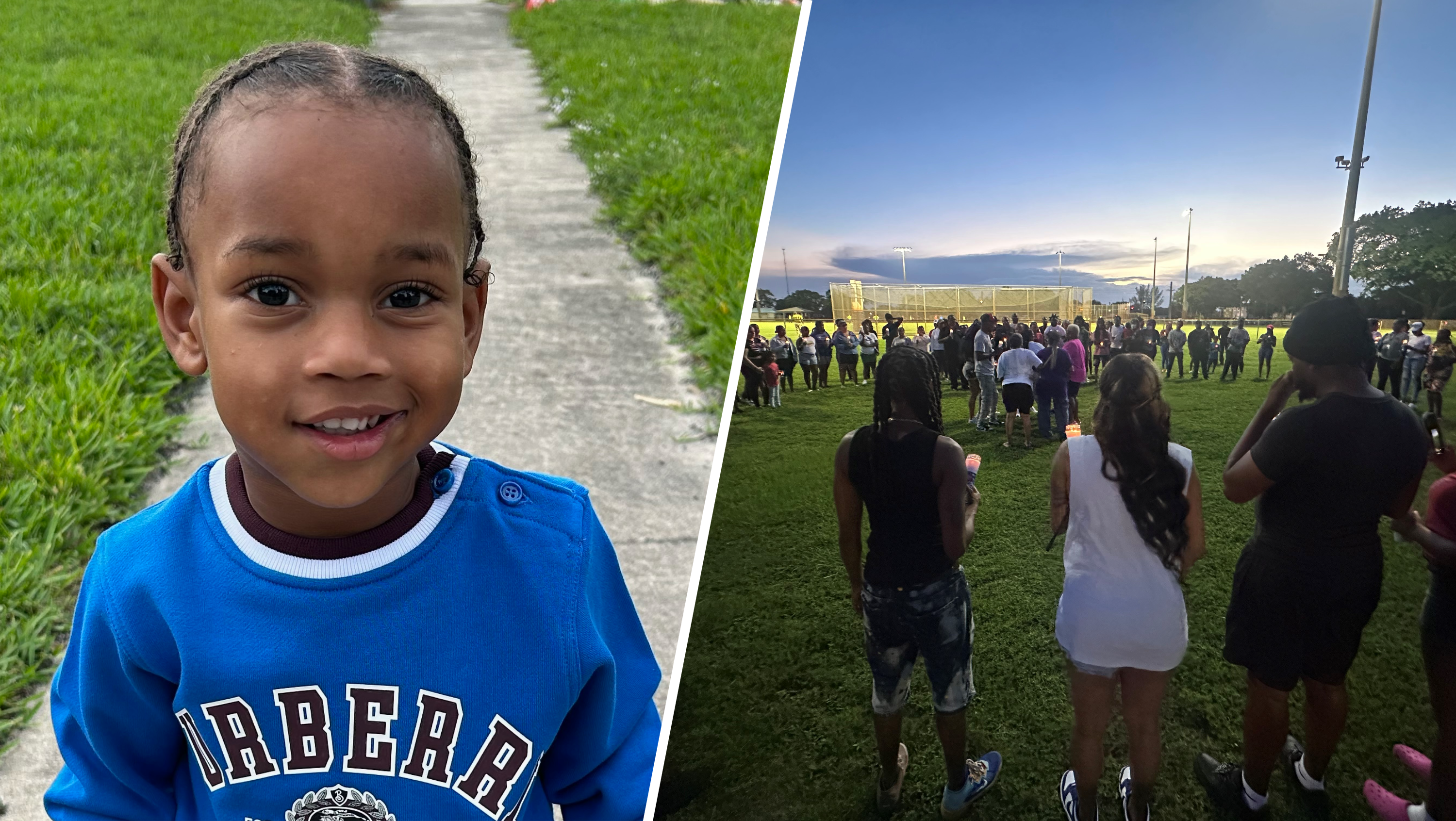Miami-Dade County's new chief medical officer has a suggestion for holiday gatherings in 2020: keep it online.
But, Dr. Peter Paige added during a news conference Tuesday, if you must gather, try to do it outside.
"Outside versus inside, masks and social distancing -- we have to keep that as a priority wherever we are, whether we’re gathering with family and friends are no exception," Paige said.
The Centers for Disease Control and Prevention also recommends small gatherings of people who already live in the same household.
But, if more are present, the CDC recommends smaller groups, over shorter time spans, with good ventilation, preferably outdoors.
Just how many people catch the virus in family gatherings is unknown.
In fact, in Miami-Dade, health officials have no idea how two-thirds of the infected may have caught the virus.
Local
Miami Beach Mayor Dan Gelber said that's because people being called by hundreds of contact tracers trying to investigate their infection just do not pick up their phones.
"Right now, I looked at the last two weeks of data this morning and only about 35% of those called are cooperating, of those infected, are cooperating with the contact tracers," Gelber said.
Even if they don't answer their cellphones, researchers from Stanford and Northwestern universities were able last spring to track certain cellphone data to determine where the carriers (whose identities were concealed from researchers) went and how long they stayed there.
When they compared that data to census and infection data, they were able to identify types of locations they believe are more likely to lead to transmission of the virus, according to a paper they published this month in the online version of the journal Nature.
In South Florida, one of 10 major metropolitan areas studied, they found a large cluster associated with hotels during spring beak.
Later they also found associations with full service restaurants, religious establishments, doctors' offices, cafes and snack bars, fitness centers and grocery stores.
"We know that places that are crowded and denser are hot spots for transmission," said one of the co-authors, Emma Pierson. "So if you’re in a room with a lot of people not wearing masks that’s plausibly something which is risky."
Around two-thirds of the infections' sources were unknown in the study, though Pierson said home would be a likely candidate.
She suggested everyone follow the advice from the CDC and avoid large gatherings, especially, she added, "If you’re in an area where infection rates are higher. Then, yes, it’s plausibly more worrisome to gather with people because, yes, it's more likely they themselves will be infected."
With positivity rates in Miami-Dade hovering around 8% over the last week, political and medical leaders today urged residents to go small this holiday season.
"Limit gatherings to members of your household, people you regularly associate with," said Miami-Dade Mayor Daniella Levine Cava who organized the press briefing. "Limit it to outdoor celebrations wherever possible."
Kind of like, the story goes, the first Thanksgiving.



